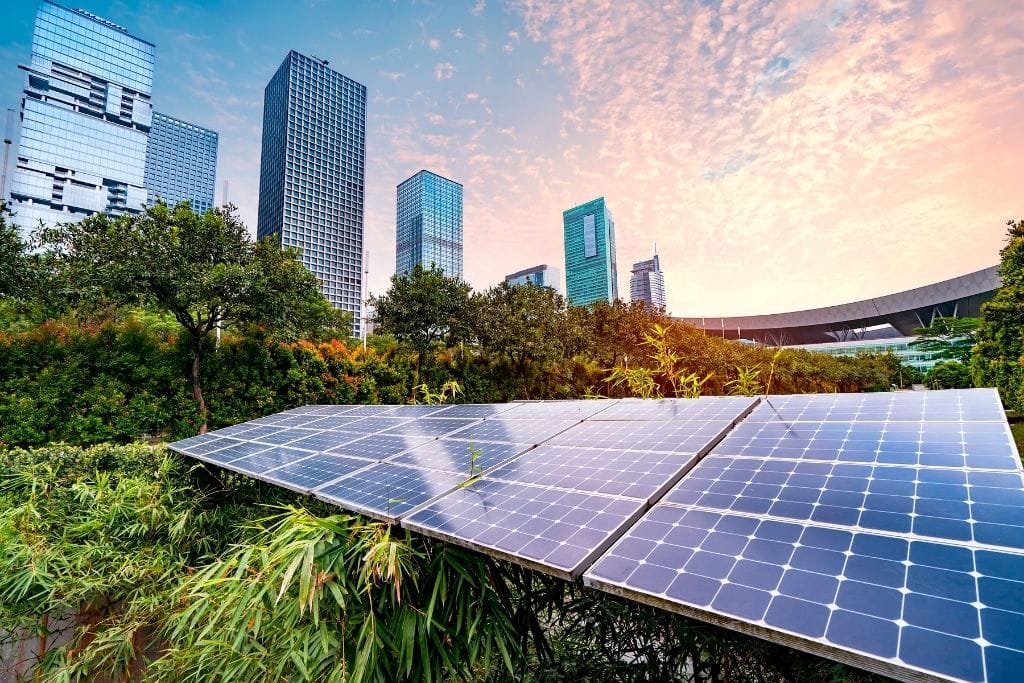Sustainable Cities: The Role of Urban Farming in the Future of Food

As the world’s population continues to urbanize, cities face increasing challenges related to food security, environmental sustainability, and quality of life. One innovative solution gaining traction is urban farming. By integrating agriculture into the urban environment, cities can transform food production, enhance sustainability, and improve the overall living experience for their residents. In this blog, we will investigate how urban agriculture is reshaping food production and city living, highlighting its benefits, challenges, and future prospects.
The Rise of Urban Farming

Urban farming encompasses a variety of practices aimed at growing food within city limits. This can range from community gardens and rooftop farms to vertical farming and hydroponics. The rise of urban farming is driven by several factors:
- Population Growth and Urbanization: With more people living in cities, the demand for fresh, local food has increased. Urban farming provides a way to meet this demand while reducing the environmental footprint associated with transporting food from rural areas.
- Sustainability Concerns: Traditional agriculture contributes to deforestation, water depletion, and greenhouse gas emissions. Urban farming offers a more sustainable alternative by utilizing underused urban spaces and employing eco-friendly practices.
- Technological Advancements: Innovations in agriculture technology, such as hydroponics, aquaponics, and vertical farming, have made it possible to grow food in urban environments efficiently and sustainably.
Benefits of Urban Farming

Urban farming brings numerous benefits to cities and their residents, including:
1. Food Security
Urban farming can enhance food security by increasing the availability of fresh, locally-grown produce. This reduces dependence on long supply chains and ensures a more resilient food system, especially in times of crisis.
2. Environmental Sustainability
By utilizing vacant lots, rooftops, and other urban spaces, urban farming reduces the need for arable land, thus helping to preserve natural ecosystems. Additionally, practices such as hydroponics and aquaponics use significantly less water than traditional farming methods.
3. Reduced Carbon Footprint
Growing food locally minimizes the carbon emissions associated with transporting produce over long distances. Urban farms also tend to use fewer chemical fertilizers and pesticides, further reducing their environmental impact.
4. Community Engagement
Urban farms can foster a sense of community by bringing people together to grow, harvest, and share food. Community gardens, in particular, provide social, educational, and recreational opportunities for residents.
5. Economic Opportunities
Urban farming can create jobs and stimulate local economies. From farm managers and workers to local food markets and supply chain businesses, the economic benefits can be significant.
6. Health and Well-being
Access to fresh, nutritious produce contributes to better health outcomes for urban residents. Additionally, urban farming can provide green spaces that enhance mental well-being and offer opportunities for physical activity.
Challenges of Urban Farming
Despite its benefits, urban farming faces several challenges that need to be addressed to realize its full potential:
1. Space Limitations
Urban areas are often densely populated, with limited available space for farming. Creative solutions, such as vertical farming and rooftop gardens, are necessary to maximize the use of available space.
2. Economic Viability
While urban farming can be profitable, the initial setup costs for technologies like hydroponics and vertical farming can be high. Ensuring economic viability requires careful planning, investment, and potentially subsidies or incentives.
3. Regulatory Hurdles
Zoning laws and regulations can pose obstacles to urban farming initiatives. Navigating these legal frameworks and advocating for supportive policies is essential for the growth of urban agriculture.
4. Knowledge and Skills
Successful urban farming requires specific knowledge and skills. Providing education and training for urban farmers is crucial to ensure the sustainability and productivity of urban agriculture projects.
The Future of Urban Farming
The future of urban farming looks promising, with continued advancements in technology and growing awareness of its benefits. Here are some trends and developments to watch:
Technological Innovations
The development of more efficient and affordable farming technologies, such as automated systems, AI-driven crop management, and sustainable energy solutions, will enhance the productivity and viability of urban farms.
Integration into Urban Planning
Incorporating urban farming into city planning and development projects can ensure that it becomes a permanent fixture of the urban landscape. This includes designing buildings with green roofs, incorporating community gardens into residential areas, and setting aside land for urban agriculture.
Policy Support
Government policies and incentives can play a significant role in promoting urban farming. This includes providing grants, subsidies, and technical support to urban farmers, as well as implementing favorable zoning laws and regulations.
Community Involvement
Engaging communities in urban farming initiatives can ensure their success and sustainability. Community-led projects, educational programs, and partnerships with local organizations can help build a strong foundation for urban agriculture.
Conclusion
Urban farming represents a transformative approach to food production and city living. By harnessing the power of local, sustainable agriculture, cities can address critical challenges related to food security, environmental sustainability, and community well-being. While there are hurdles to overcome, the potential benefits of urban farming make it a compelling solution for the future of urban development. As we continue to innovate and integrate urban farming into our cities, we move closer to creating sustainable, resilient, and thriving urban environments for all.